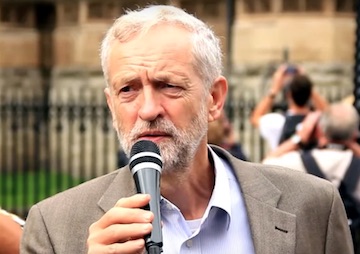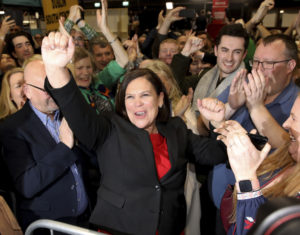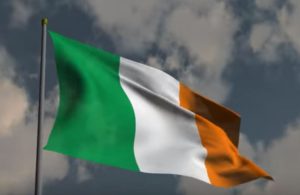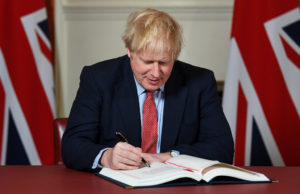The Right-Wing Populism That Drove Brexit Can Only Be Fought With a Genuinely Radical Alternative
The Reagan-Thatcher consensus will be replaced either by new visions of social progress or by new forms of racism and authoritarianism. Labour Party leader Jeremy Corbyn speaks in London in 2013. (YouTube / RevolutionBahrainMC)
1
2
Labour Party leader Jeremy Corbyn speaks in London in 2013. (YouTube / RevolutionBahrainMC)
1
2

Labour Party leader Jeremy Corbyn speaks in London in 2013. (YouTube / RevolutionBahrainMC)
Independent journalism is under threat and overshadowed by heavily funded mainstream media.
You can help level the playing field. Become a member.
Your tax-deductible contribution keeps us digging beneath the headlines to give you thought-provoking, investigative reporting and analysis that unearths what's really happening- without compromise.
Give today to support our courageous, independent journalists.






You need to be a supporter to comment.
There are currently no responses to this article.
Be the first to respond.